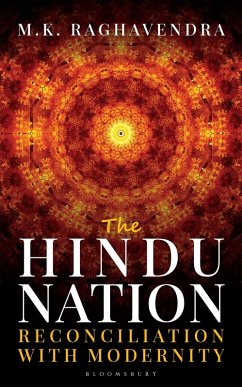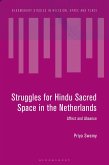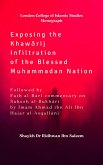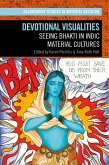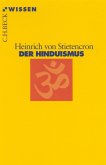The Hindu Nation begins with an introduction examining nationhood in India and then traces the political conflict to Nehruvian cultural policy after 1947. In today's world, no religion can claim to be superior to any other. But in pursuing 'modernity' and inculcating the 'scientific' and 'secular' outlook, Nehruvian rationalism created an elite liberal class that was sceptical about the majority religion, but this was not extended to other religions because of a misunderstanding of secularism. In promoting Westernised education, the preservation of local knowledge was neglected and Hinduism lost respect among the educated elite born into it. The elite class became the intermediary with the West, which now dominates the academic study of India. Further, prompted by the sceptical attitude of many liberal Indians, Western academics and intellectuals accord Hinduism less respect compared to other religions and treat it as 'superstition'. Traditional Indians who revere Hinduism but are products of the same lopsided system respond by attributing false value to India's prehistory and its past.
Hinduism is not a religion but a collection of practices associated with the space now called India. Author M.K. Raghavendra examines what being a Hindu means and asks whether its practices are reconcilable with global modernity and compatible with justice and egalitarianism. While examining the obstacles a modern Hindu nation faces, including the fixed ways of a large public, this extensively researched book also suggests measures to make India successful as a global power and Hinduism widely respected.
Hinduism is not a religion but a collection of practices associated with the space now called India. Author M.K. Raghavendra examines what being a Hindu means and asks whether its practices are reconcilable with global modernity and compatible with justice and egalitarianism. While examining the obstacles a modern Hindu nation faces, including the fixed ways of a large public, this extensively researched book also suggests measures to make India successful as a global power and Hinduism widely respected.

